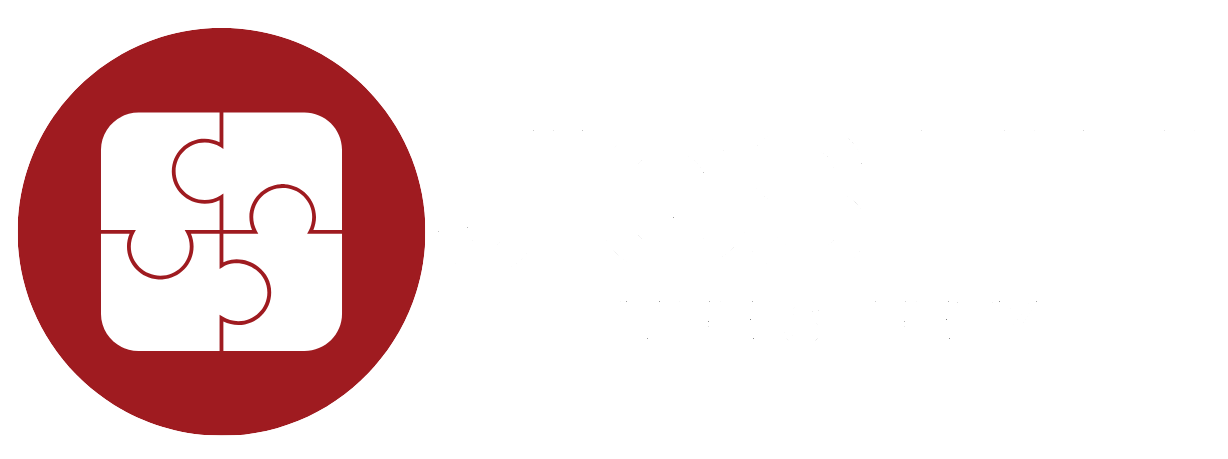Where a facility houses hazardous materials, there are several compliance concerns related to the quantity of these chemicals. While maximum allowable quantities and hazardous occupancies are fairly common terms in the industry, a “license” is a lesser-known requirement that is often missed.
In addition to required permitting, a license is official permission from a community to store certain flammables, combustibles, and/or explosives. These licenses are granted by the “local licensing authority”, which varies from community to community but typically include:
- Boards of Selectmen
- City Councils
- License Commissions
- Other boards or commissions established under a local charter or special act
The limits for flammables, combustibles, and explosives are set by the Board of Fire Prevention Regulations. If a location exceeds these values, a license must be applied for and granted. These quantities can change over time, resulting in some locations having licenses for quantities that no longer require a license. Quantity limits are outlined in Section 1.12.8.50 of the Massachusetts Fire Code.
It is important for landowners and building management companies to understand that they are the responsible party, and not the tenant, in lab buildings and other facilities where tenants use or store hazardous materials for ensuring that the overall property does not exceed these limits without first acquiring a hazardous materials license.
How do I receive or amend a license?
If your location currently exceeds, or will exceed, these values, and you do not have a license you must:
- File an application with the head of the local fire department. Forms are available here.
- The head of the fire department must then endorse that application with approval or disapproval
- The jurisdiction will require a public hearing and notify abutters of the public hearing. Typically, this also requires a notice of public hearing in a specific newspaper at the direction of the jurisdiction.
- The licensing authority holds a public hearing and votes to deny or grant the license. This may come with conditions.
If approval is granted, the license will be recorded in the office of the City or Town Clerk. The license will be deemed a grant attached to the land and be connected to the parcel, and not a personal privilege for the applicant or current owner.
While the license does not need to be renewed, if the quantities of chemicals are increased to above the limits specified in the license or if additional classes of materials are added, the license will need to be amended by the same process outlined above. While a new application and license is not required as part of a change of ownership, they do need be registered with the identity of the entity exercising the license upon a change of ownership. A license can be revoked if the conditions of the license are not met.
If you think you may need a license for your facility or have any questions, please do not hesitate to reach out to Jigsaw Life Safety at support@jigsawlifesafety.com or at our contact us page.





